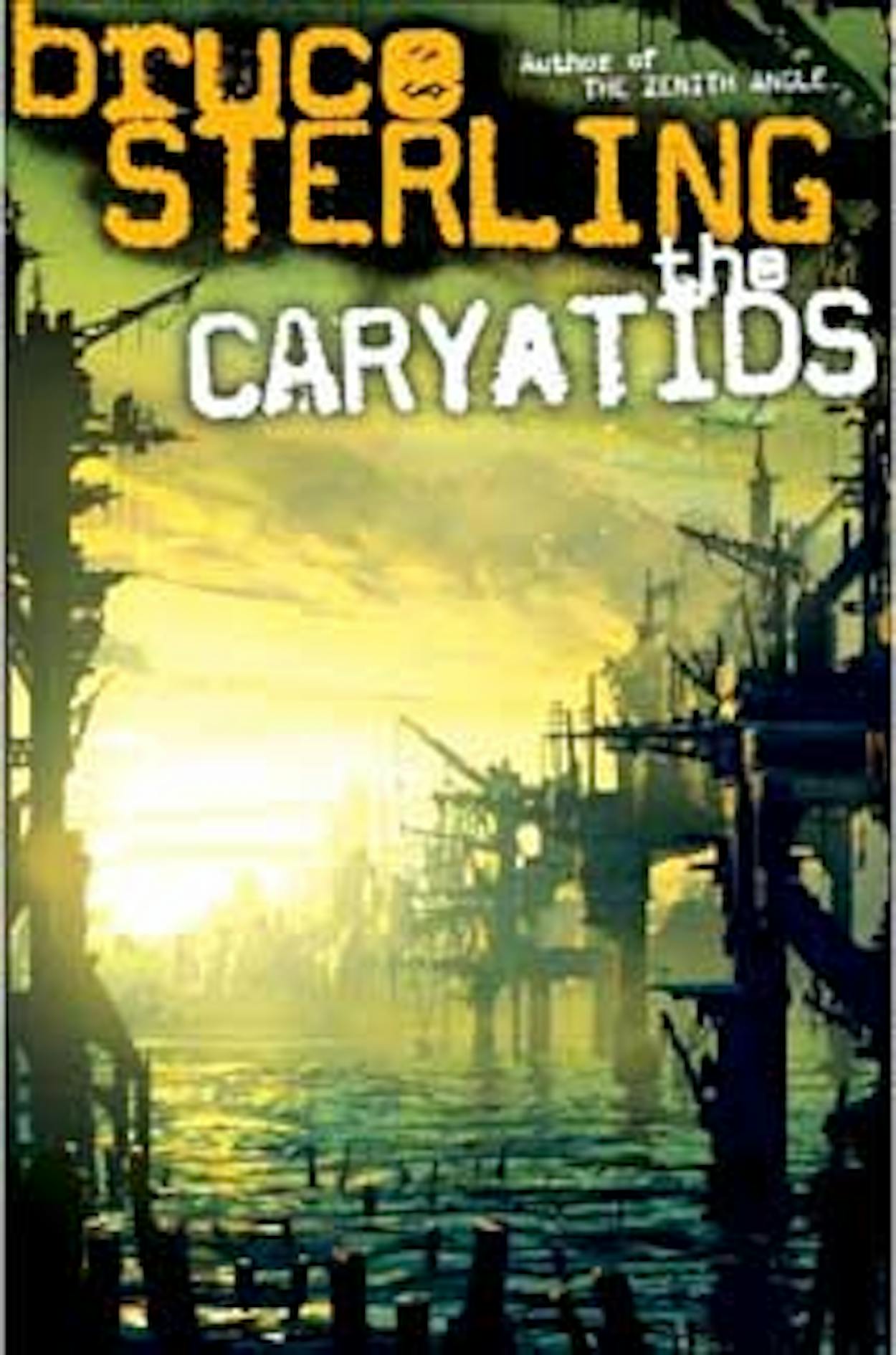The future has seldom been a copacetic place in sci-fi swami Bruce Sterling’s works of fiction. His eleventh novel, The Caryatids, is set in the bleak year 2065. A global nuclear and climatological disaster has devastated great nation-states like India and America; China has emerged as the ravaged planet’s sole superpower. The Caryatids are four superhuman sisters, cloned in 2038 in a failed attempt to keep the world’s roof from caving in (a “caryatid” is a Greek temple column carved in the female image). The sisters emblematize the social factions of a postcatastrophic world: In Mljet, Croatia, Vera is an ecological reconstructionist; in Los Angeles, Mila is an über-celebrity materialist; in the Gobi Desert, Sonja is a nomad warrior; and the globe-trotting Biserka is a dynamic nihilist. Plots and subplots abound, but this book is best read as a pop-science formulation of Sterling’s futurist speculations. He imagines massive exoskeletons that transform their wearers into machine-humans; he predicts cold warfare between venture capitalists and revolutionary humanitarians. The Caryatids is skillful science fiction, though its author has become more interesting as an incubator of ideas than a weaver of yarns. Del Rey, $25
Book Review
The Caryatids







